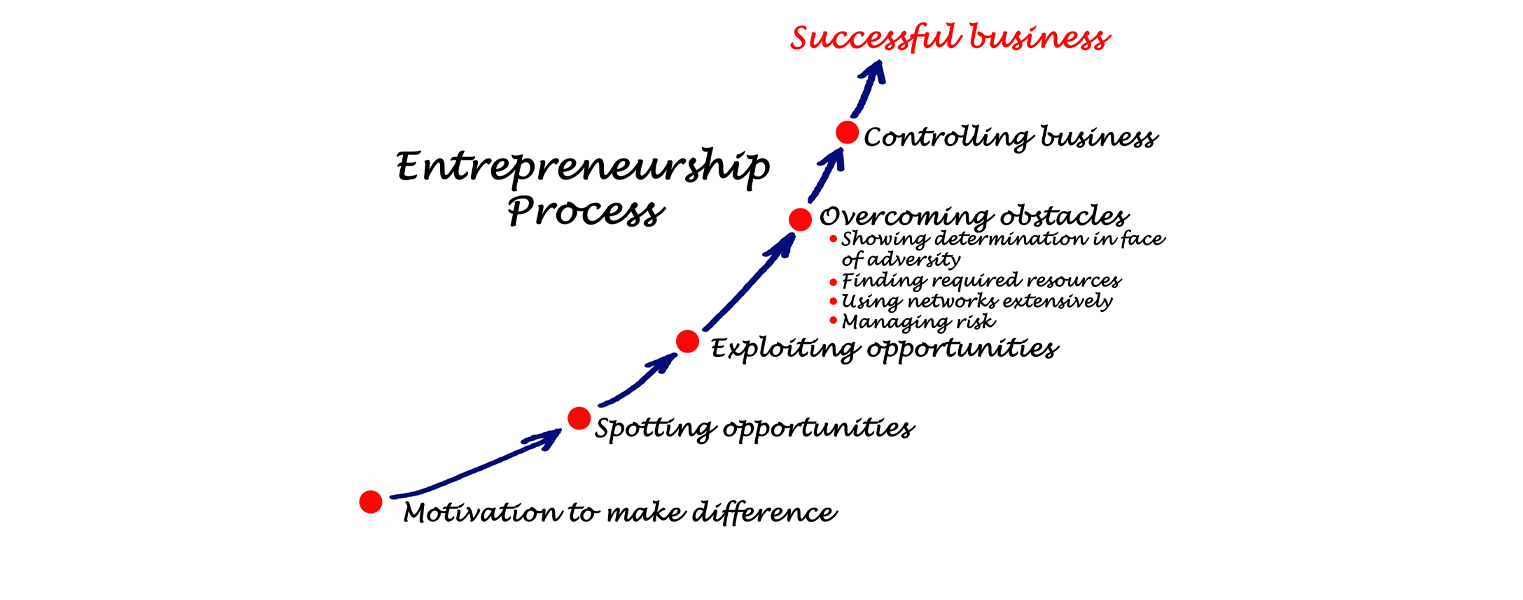Entrepreneurship Is Not A Solo Venture
ENTREPRENEURSHIP IS NOT A SOLO VENTURE

Richelle Shaw
When it comes to being a sole business owner, the journey does not need to be made alone. Richelle Shaw, president and founder of MDE & Associates, founded and sold several businesses on her own before building a multi-million dollar business helping fellow entrepreneurs succeed in their undertakings.
“Being a diverse entrepreneur is the loneliest place on the planet,” Shaw admitted. “It is so overwhelming that you need like-minded individuals who understand what you’re doing and can provide support.”
In the mid-1990s, Shaw began her career as a sales executive for a long distance telecom reseller in Las Vegas. After being promoted four times in five years, Shaw purchased the company for just over $1 million and took on a new title as the only female African-American public utility owner in the nation. The flexibility to set her own hours and determine her own schedule attracted Shaw to entrepreneurship. “Entrepreneurs are often rebels who do not follow rules because success is the freedom to choose,” said Shaw of her leap from the C-Suite to business owner.
To build her newly acquired business, Shaw sought out diversity expos to find support and expand her network. Quickly discovering that exhibitors were fellow small business owners from service industries, she found herself a minority at the very events geared toward diversity professionals. Telephone services was not recognized as a category and Shaw was unable to take advantage of programs geared to minority owned companies like obtaining business loans or signing large corporations as customers.
In addition, the deregulation of the telecommunications and broadcast markets along with several family tragedies suffered in a short period took their toll on Shaw and her business. With an industry undergoing crippling changes from government regulations, an economic recession swept the nation following the tragedy of 9/11. The number of telephone carriers in Las Vegas that once boomed from six to 38 in its heyday would eventually dwindle down to only four. Shaw was forced to file bankruptcy and lost the business.
Starting over, Shaw began looking for another job. During her job search, she decided to try again in the telecommunications industry and took a different approach to her business model. Making a conscious decision to begin smaller, Shaw employed only six staff members who served 1,500 customers. She was able to grow back her million-dollar company within six months and made $2 million by the time it was sold in 2004.
Continuing down the entrepreneurial path, Shaw successfully purchased and sold two more businesses. Discovering that the key to building multi-million dollar companies was in the marketing, Shaw found her calling as a business coach and consultant.
MDE & Associates, founded in 2011, provides trackable and measurable marketing strategies for entrepreneurs who have established a working business. The consulting firm helps small business owners in retail, online businesses, spa owners and physicians to create a strategy for finding quality customers.
Entrepreneurs are often rebels who do not follow rules because success is the freedom to choose.
Among one of her first clients was an African- American OB/GYN, a field in which there is a lack of diverse solo practitioners in the Las Vegas Valley. Building the $300,000 practice into a $1.2 million revenue within 9 months became the basis for Shaw’s book, “The Million Dollar Equation,” which presents a formula for catapulting a business upwards to six- or seven-figures.
According to Shaw, customer retention is at the core of a business’ success. The challenge, she explained, is in consistently duplicating one’s best customer in order to produce a recurring revenue stream. Shaw is selective of her own clients – business owners must have a business strategy with paid employees and an established customer base.
“Make more money without the expense of acquisition. Get a customer, keep a customer, get a customer to come back more often for other products,” Shaw advised. “There is no leverage nor loyalty if you’re constantly replacing customers. Instead, get customers to stay, to pay and to refer others.”
In the example of a telephone customer, Shaw recommends continually marketing new products to existing customers by offering longdistance, mobile phone and Internet services for repeat business. She also advises adding a tracking system to track referrals.
Shaw points out that the problem with shortterm promotions, such as Groupon’s e-commerce marketplace, is that businesses fall into a trap of discounting a service that doesn’t add to profit margins. With Groupon, for example, a business must profit-share, and it typically retains less than 1 percent of participating customers who already received significant discounts.
In contrast to a 2005 study conducted by the Center for Women’s Business Research, where the participants believed that the biggest hindrance to business growth for women is access to capital, Shaw believes mentorship to be more valuable in building the successful womanowned or small business.
“Providing funding [to a business] will be a disservice because most entrepreneurs won’t know how to convert the capital into a new customer,” Shaw argued.
Based on her own experience, Shaw advises minority and small business owners to find a mentor or support group of like-minded entrepreneurs who can provide guidance in navigating otherwise unfamiliar terrain. Associations such as the Women Presidents’ Organization, of which Shaw was a founding member, provide a supportive network for entrepreneurial women presidents who generated at least $2 million in gross annual sales.
Moreover, she encourages successful business owners to mentor others and support African- American female entrepreneurs through legislative changes.
“Entrepreneur-minded individuals are subject to playing by someone else’s rules and it will never be fair until they are the owners [of change],” she said.
Those making the legislative changes are not entrepreneurs themselves and may be unsure of what those changes need to be, Shaw claimed. By getting involved in the development of governmental policies, individuals can create a larger support network for diverse professionals to succeed as entrepreneurs.









